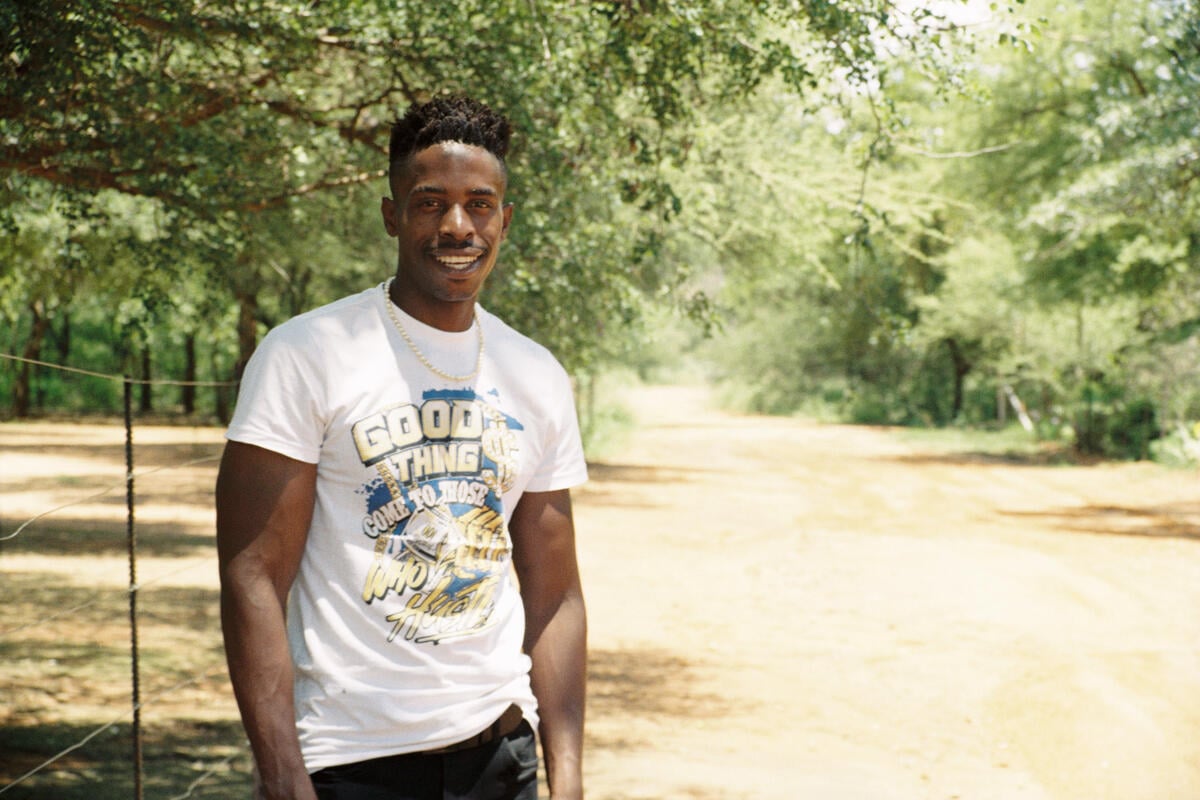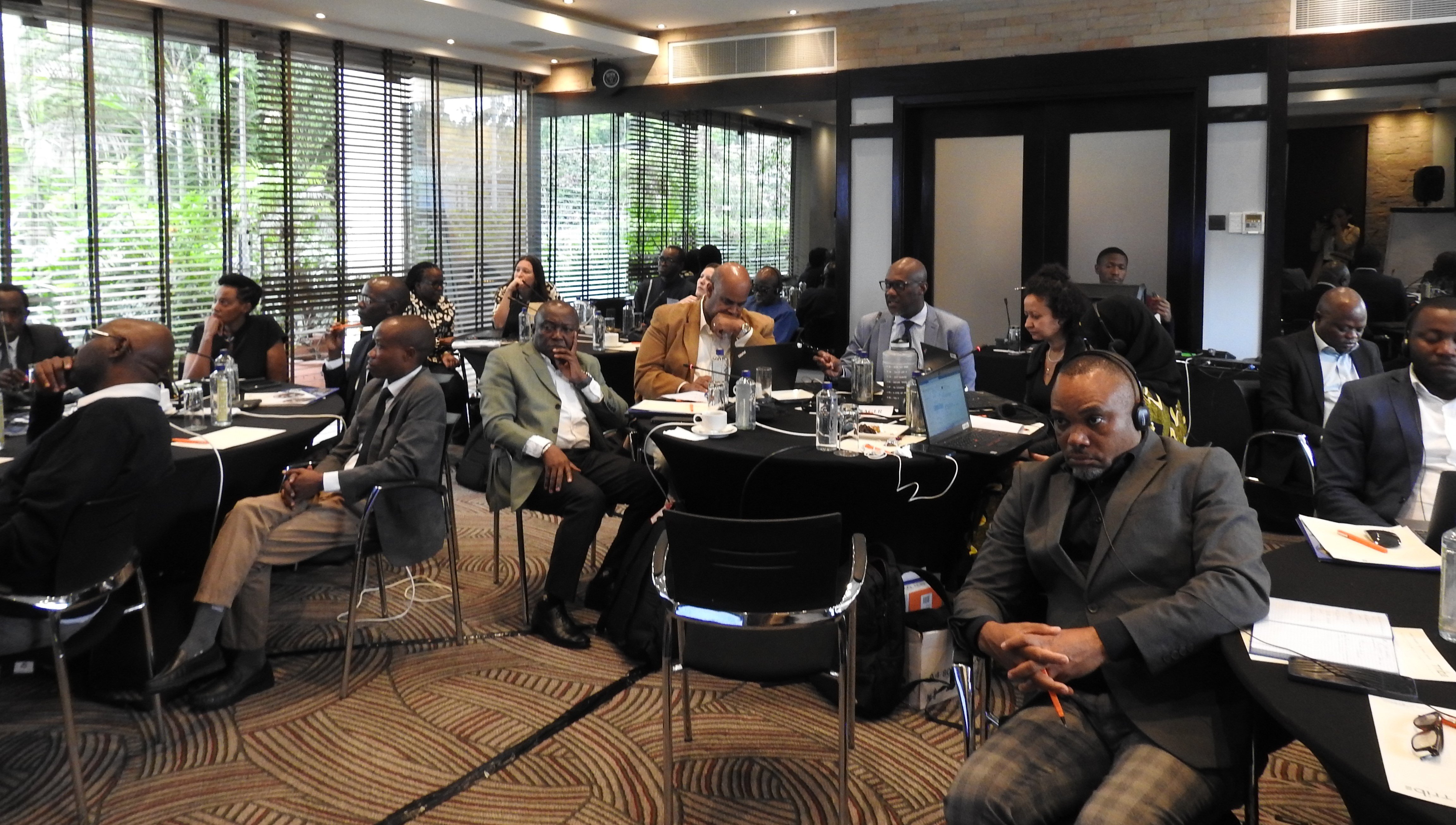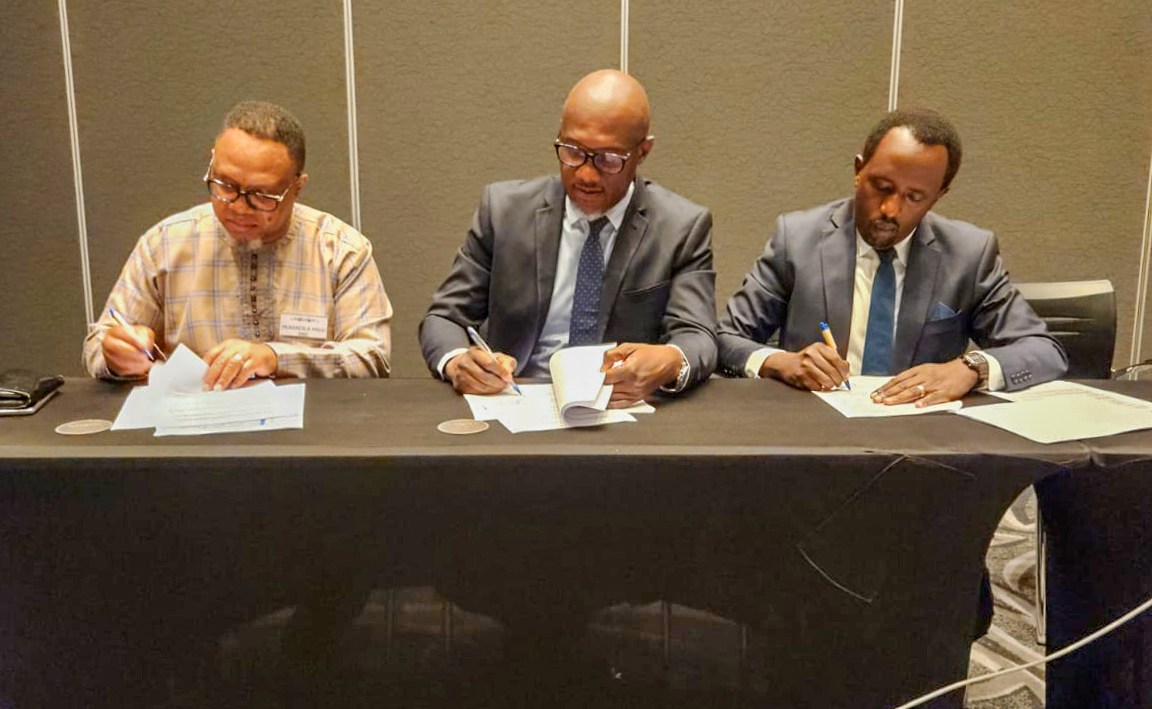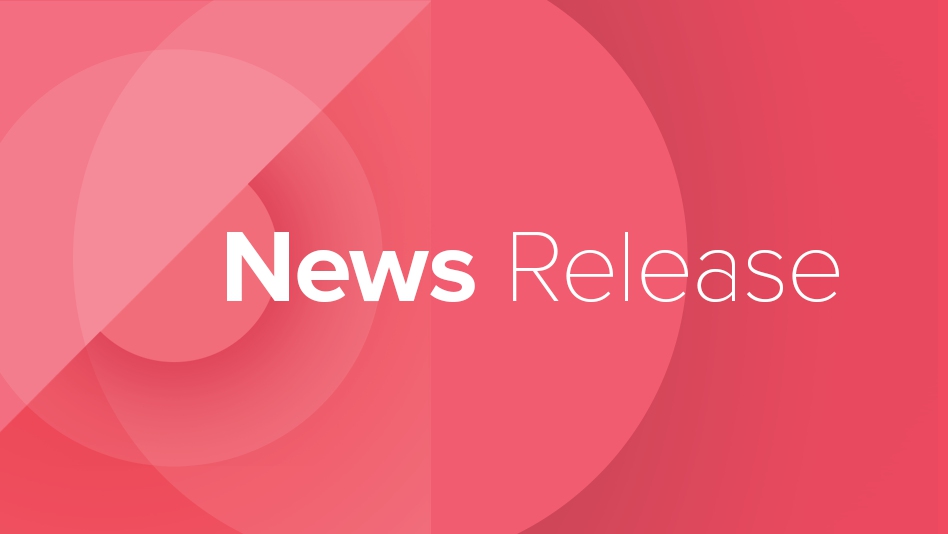Increased tuition fees in South Africa impact refugee students at institutions of higher learning
Increased tuition fees in South Africa impact refugee students at institutions of higher learning

It was against the backdrop of South Africa’s student protest movement, against increasing tertiary tuition fees that Rwandan refugee and graduate, Portia Bagaza* started examining the uniqueness of her position and that of other refugees struggling to pay for their education at tertiary institutions.
“The countrywide protest is essentially about the unaffordability of quality education for black students at university, who because of non-payment of fees either drop out or are excluded,” explains Bagaza, who on the side lines of the demonstrations and in moments to herself sought to make sense of an issue she relates to, albeit as a refugee and not a South African national.
Bagaza has enrolled at the University of the Witwatersrand (Wits) to study towards her Honours Degree in Anthropology.
My research topic Identity, Construction and Imaging among Rwandan refugees in Johannesburg,” she says, “strives to make sense of my position as a refugee in an environment, where particular socio-economic concerns voiced by my peers resonate with me but don’t necessarily include me.”
“My friends poke fun at me about being a ‘different kind of black,’ but jokes aside, there is truth to this statement.”
Being a different kind of black according to Bagaza, relates to issues about her identity as a Rwandan national living as a refugee in South Africa, a country she cannot fully claim as her own.
Bagaza and her parents fled the Rwandan genocide in 1994, when she was only four months old. She has only known South Africa as her home.
As a refuge student in one of the best tertiary institutions on the continent, unaffordable quality education is not unique to South Africa, but its impact can be greater felt amongst refugees, whose access to scholarships and funding in countries of asylum is limited or unavailable.
“The tertiary level of education is incredibly difficult to get in and sustain to completion, if you are living from hand to mouth as refugees most often are,” says Bagaza. “Significant numbers of refugees with academic potential are unable to pursue quality post-secondary school education because of financial difficulties, competing priorities and family demands on the little money they make or earn.”
“If it weren’t for the UN Refugee Agency, (UNHCR), many refugee students wouldn’t even be able to further their studies beyond secondary school.”
Over 15 years ago, to address some of the financial challenges faced by refugees, the UNHCR and its legal NGO partners engaged institutions of higher learning to cap refugee student fees to the amount expected of South African nationals, where initially they were expected to pay the exorbitant fees demanded of international students.
Similarly, the UNHCR’s higher education scholarship programme DAFI, the German acronym for the Albert Einstein German Academic Refugee Initiative, is fundamental in helping qualifying students pursue tertiary education.
Since its inception in 1992, the DAFI programme has enabled more than 6,000 refugee students study at universities and colleges in their countries of asylum and more recently, in their country of origin upon return.
In South Africa, the programme began in 1996 by assisting three refugee students. Today, DAFI supports 95 refugees in the country.
The DAFI programme enables young refugees to continue post-secondary education and motivates refugee children to stay in school and succeed academically. For students and graduates, the DAFI programme serves as a foundation for social and professional development, allowing them to build careers in competitive fields of employment.
Bagaza was a recipient of the DAFI scholarship programme in her first year of study towards a degree in medicine. When she changed her discipline to anthropology however, she had to look to her parents for financial support, only one of whom is gainfully employed. In addition, Bagaza’s sister, a fourth year Veterinary Sciences student at the University of Pretoria, is also dependent on their mother’s salary to cover her tuition.
“It’s extremely difficult for her,” confides Bagaza.
It is this domestic situation that Bagaza draws parallels with the concerns of students in the protest movement.
“I also spend a lot of time researching alternative funding and support, but all the ones I meet the criteria for academically and otherwise stipulate that applicants must be South African citizens, so my exclusion from access to other means of financial support is ongoing.”
“It’s a frustration I feel every day, which for my South African peers, has spilt onto the streets.”
Bagaza, however, has voiced her concerns in what she calls ‘academic spaces’ on campus, which provide platforms for students, lecturers and interested individuals to interrogate and discuss issues in open and constructive forums.
“Fees and academic access versus academic exclusion must recognise ‘pockets of otherness’ such as the refugee student population, which for the most part will serve and give back to South Africa, if given the chance, before returning to their country of origin, if they are able.”
“Personally I know no other country but South Africa and this is where I choose to remain for the foreseeable future.”
Bagaza isn’t only broaching the subject at Wits. She is also requesting UNHCR and the DAFI Scholarship Programme to engage institutions of higher learning and their faculties to consider taking on qualifying refugee students on a quota basis, where their fees would either be co-funded or fully absorbed by either party.
“Another proposition is that perhaps UNHCR could approach the private sector on our behalf or through the DAFI Programme look at co-supporting organisations like the National Research Fund (NRF) and the National Student Financial Aid Scheme (NSFAS) to broaden access to funding for both qualifying refugee and South African students.”
“Unfortunately, there is never enough funding available to help refugees go to university,” says Sharon Cooper, UNHCR’s Regional Representative for Southern Africa.
“Every year, UNHCR receives hundreds of applications from refugees that far exceed the number of scholarships we are able to offer through DAFI programme. Many of the students that have received degrees thanks to the programme are contributing toward the economy of the country by working for and serving their local host communities as doctors, dentists or other service-oriented fields.”
“As UNHCR, we would welcome partnerships with potential funders and institutions in order to be able to do more for these deserving students. It is an option we will certainly look into going forward.”
The 2017 academic year for Bagaza and her peers across most of the country has begun without incident, with the Government prioritising 32 billion Rands to support indigent and low-income South African students as one of a number commitments it has made to alleviate the burden of paying high tuition fees for tertiary studies. For Bagaza, this pronouncement spurs her forward in her quest to find additional funding elsewhere for qualifying refugee students.
*Name changed for protection reasons









